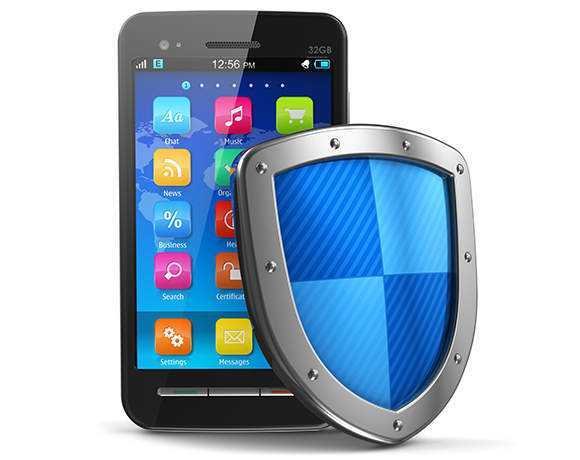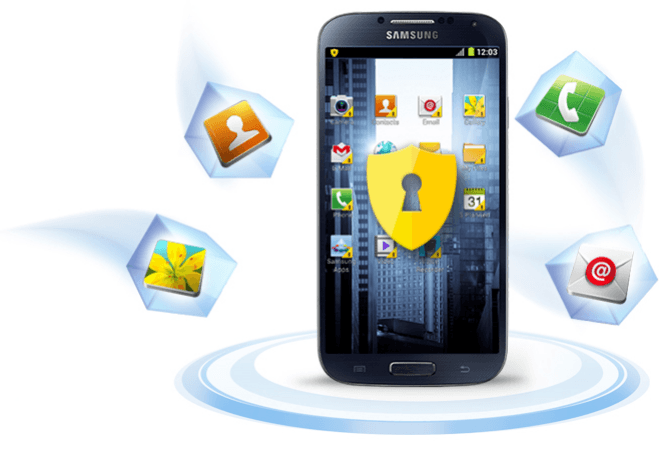Mobile App Security: Securing your mobile phone in the BYOD era is not an easy matter. However, you can start by taking into account the four steps that we outline below. In the age of technological evolution of mobile devices, as well as the emergence of more and more mobile apps that make it easier for users, the issue of mobile phone security is not simple, and certainly not easy.
The dangers are lurking and a burning question is torturing all users: are mobile apps safe and protected from malicious hackers?

New data proves that not many have space for improvements. The survey figures of the study of 640 businesses by the Ponemon Institute for IBM are alarming: The average business checks less than half of the apps for security issues before they are distributed to the market. This omission can irreparably expose their users' data and makes them vulnerable to potential cyber attacks.
Have many companies adopted the bring-your-own device (BYOD) tactic? 55% allow employees to use and download professional apps to their personal devices, according to a Ponemon survey. Even more worrying is the fact that about 67% of the companies surveyed allow their employees to download non-vetted apps to their professional devices.
So how can we protect ourselves in the age of BYOD? A good start is the four simple steps:
Issue # 1: Create Secure Apps
Mobile malware exploits vulnerabilities or bugs in the code of mobile apps. Using the most secure mobile app practices Development, including the use of source code scanning tools, can help mobile apps resist such attacks. It is also important to analyze the code from third parties, or from any app that is allowed to coexist on the phones used by employees. In this case the executables should be scanned.
Issue #2: Protect your device
The security of an app is an issue that is directly related to the security of the device on which it is installed. An unprotected device that has been modified by its owner or by an unauthorized app to bypass the operating system security, can accept the installation of any app from any source. These devices, known as jailbroken or rooted devices, are very sensitive to mobile malware.
The worst however is that mobile malware attackers are not relying exclusively on jailbroken devices to achieve their goals. Even users who make excessive use of licenses in mobile applications - often by default - can also leave a path open for malware, such as basic services, simple SMS.
Issue #3: Prevent the theft / leakage of data
When mobile apps have access to data, both personally and privately, documents are usually stored on the device itself. If the device is lost, or data is shared with unauthorized apps, there is a high risk of theft or leakage of this data.

Issue #4: Exclude high-risk access
Mobiles are designed to interact with backend services. For example, mobiles banking apps επιτρέπουν στους χρήστες να μεταφέρουν χρήματα σε third parties, ενώ τα mobile CRM apps επιτρέπουν στους πωλητές να κάνουν update τις προβλέψεις τους και να έχουν πρόσβαση σε critical account δεδομένα.
Using context and risk factors (for example, if the device is compromised or the location / time is suspicious), you are likely to prevent or block access to your systems.





